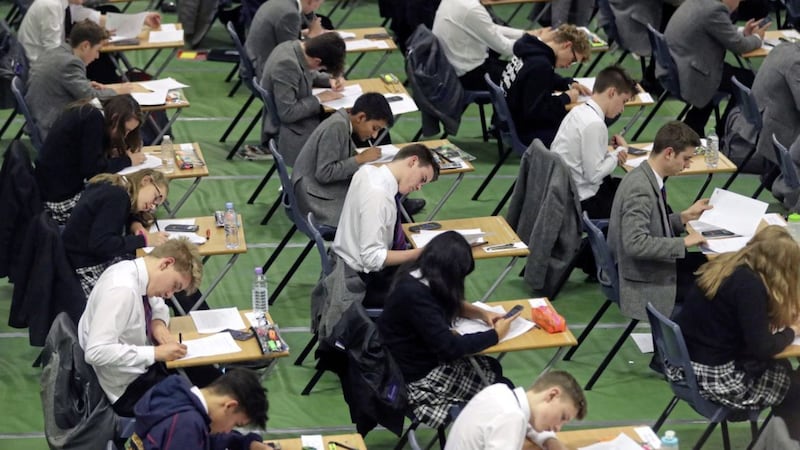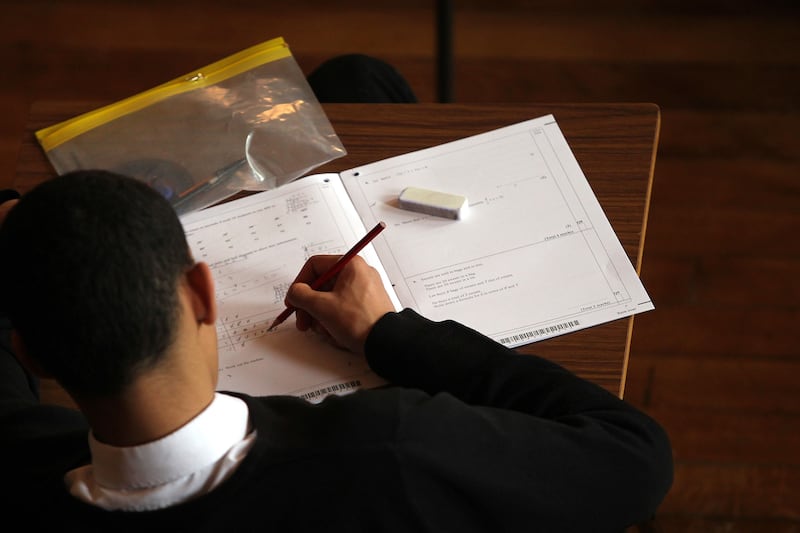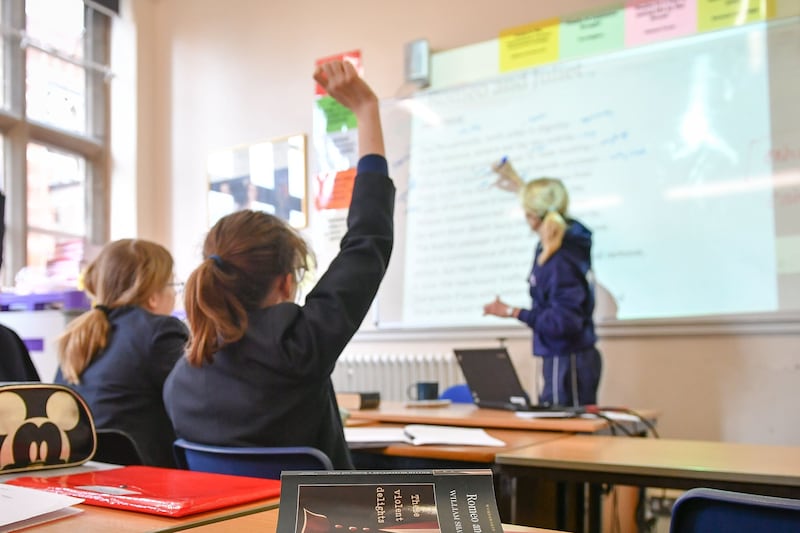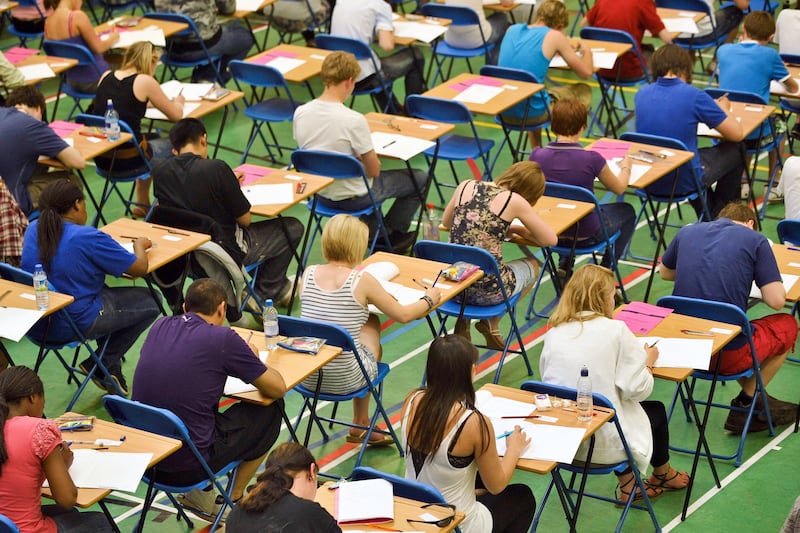MORE than 2,000 exam papers were combed through for potentially distressing content in the wake of the terror attack in Manchester.
Exam boards took the step following the bombing at an Ariana Grande concert in the city to ensure that questions in the papers did not add to anyone's distress.
The move led to at least two exams being changed at the last minute, including one which referred to terrorism, according to the Times Educational Supplement (TES).
Schools were also contacted about other papers, including one that mentioned pop singer Grande, in case they wanted to warn pupils before they sat the exam.
Twenty-two people died in the Manchester attack, carried out by suicide bomber Salman Abedi, on May 22 - when GCSE and A-level exams were already taking place.
Seven of the victims were aged under 18, and the youngest was just eight.
Three tragedies occurred within a month this summer, beginning with the Manchester bombing, followed by the terror attack on London Bridge and then the Grenfell Tower fire in west London
It is understood that exam boards began checks immediately after the Manchester attack and continued amid the London tragedies.
In total, 2,144 exam papers that had not been sat by pupils were checked by the four biggest exam boards in England and Wales.
While the majority of pupils in Northern Ireland take most papers offered by the CCEA exams board, thousands also take papers set by the AQA in England.
An AQA GCSE religious studies paper, which contained questions which could have been sensitive in light of the attack.
AQA said it had also contacted schools about two papers - one AS-level French and one A-level French, so they could decide whether to speak to students about them. One included a reference to Grande, and the other contained references to terrorism in the source material.
The exam board said its approach was to "err on the side of caution" to ensure that exam questions did not inadvertently upset any students.
Philip Bridgehouse, AQA customer engagement manager, said: "The events of the summer shocked everyone, so we all felt that it was our duty to make sure that our exams didn't add to anyone's distress."
It has also emerged that the Joint Council for Qualifications, which represents the exam boards, has lowered the proportion of a course students must have completed to apply for "special consideration" from 40 to 25 per cent. Pupils can apply for special consideration if they are faced with circumstances that affect their ability to sit exams.








